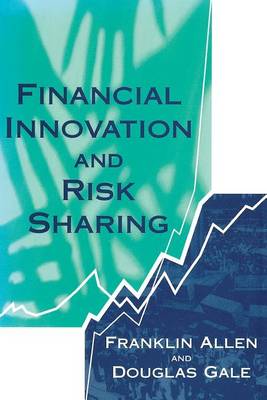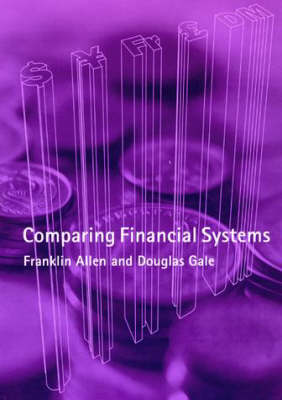The MIT Press
2 total works
Franklin Allen and Douglas Gale assemble some of their key papers along with a five-chapter overview that not only synthesizes their work but provides a historical and institutional review and a discussion of alternative approaches as well.
Franklin Allen and Douglas Gale have contributed substantially to the study of financial innovation, developing economic models to address the question of whether the market provides institutions and opportunities for individuals to share risks efficiently. In this book they assemble some of their key papers along with a five-chapter overview that not only synthesizes their work but provides a historical and institutional review and a discussion of alternative approaches as well. The lengthy overview surveys the authors' approach to financial innovation, principally their development of a basic theory of risk sharing in an economy with incomplete markets. The first two chapters summarize the history of innovation and illustrate the types of innovation, innovators, and motives for innovation. Chapters three and four look at industrial organization approaches to innovation and outline the authors' theory. The fifth chapter discusses other approaches and an agenda for future research.
For example, financial markets may be bad for risk sharing; competition in banking may be inefficient; financial crises can be good as well as bad; and separation of ownership and control can be optimal. Financial institutions are not simply veils, disguising the allocation mechanism without affecting it, but are crucial to overcoming market imperfections. An optimal financial system relies on both financial markets and financial intermediaries.

